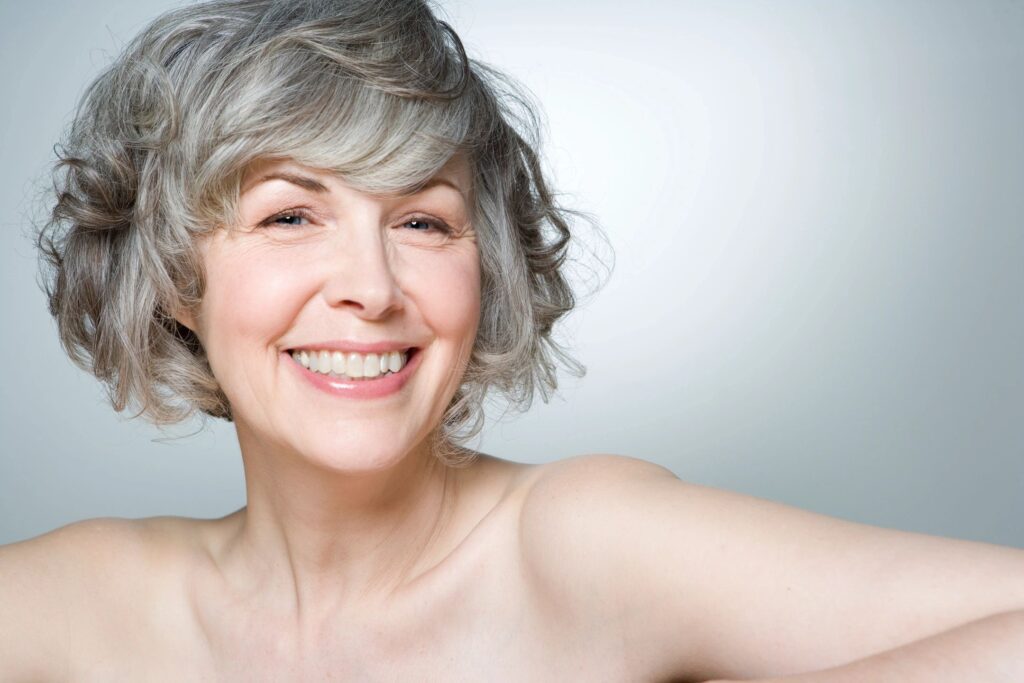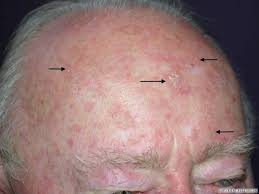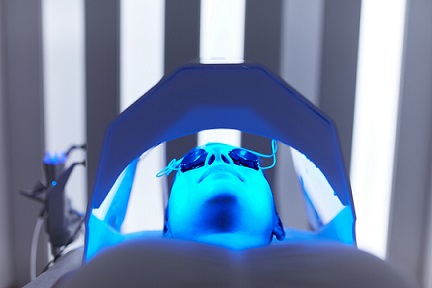Does IV NAD+ reduce skin cancer risk?
By Robert S. Bader, M.D., Dermatologist |
Patients are always asking what they can do to reduce their risk of getting skin cancer. Most know about sunscreens and sun-protective clothing. But there is more that one can do and it is as safe as taking a vitamin. For several years now, I have recommended niacinamide 500mg twice a day by mouth (it…
My Dermatology Office has a Mohs’ Surgeon come in once a week. Is that bad?
By Robert S. Bader, M.D., Dermatologist |
This is becoming more and more of a common scenario that a practice brings in a Mohs’ Surgeon to work in their office once a week or less. But is this best for you? The simple answer is yes and no. Let’s first look at the advantages of a visiting Mohs’ Surgeon. There is no…
Why Is Skin Cancer Screening Recommended?
By Robert S. Bader, M.D., Dermatologist |
Skin cancer is one of the most prevalent forms of cancer around the World, with millions of cases diagnosed each year. While it can be a highly treatable condition if detected early, it can also be life-threatening if allowed to progress. This is why regular skin cancer screenings are strongly recommended by healthcare professionals. Let’s…
Who is the best at treating skin cancer?
By Robert S. Bader, M.D., Dermatologist |
Patients ask me all the time, “Do I need to see a Plastic Surgeon?” In short, there is no simple, universal answer to that question. First, let’s take a look at some facts that may help one understand the situation a little better. First, let’s look at volume–who treats the most skin cancer. Experienced Surgeon:…
Two Supplements You Need To Prevent Skin Cancer
By Robert S. Bader, M.D., Dermatologist |
I am a Dermatologist and I treat skin cancer every day and talk about preventing skin cancer. Everyone knows that sun avoidance, sun protective clothing, and applying a good sunscreen is the best way to reduce the risk of getting skin cancer. I have a secret for you–most patients do not do a good job…
Actinic Keratosis Treatment with 5-FU? Is that best?
By Robert S. Bader, M.D., Dermatologist |
Actinic keratosis is a pre-malignant condition that, if untreated, can progress to squamous cell carcinoma. In most cases, this is caused by chronic, repeated Sun-exposure. 5-fluorouracil (5-FU or Efudex or Carac) is an old treatment for actinic keratosis that has been used for decades, but is it best? In short, yes if used correctly. What…
Melanoma and Fish Consumption. What not to eat. Food and melanoma.
By Robert S. Bader, M.D., Dermatologist |
Many of you have read the news regarding fish intake and the risk of developing Melanoma. First and foremost, most of you do not have to alter your dietary habits. For most, eating fish will not affect one’s risk for developing melanoma. For those with a personal history of melanoma, especially those whom have had…
What is Mohs’ Surgery? Facts, Overview, and Information
By Robert S. Bader, M.D., Dermatologist |
Mohs’ surgery is a treatment that is commonly used for the most common types of skin cancer. It is a specialized method of tumor removal, processing, and evaluation under the microscope. It is the only treatment that evaluates all of the margins and therefore has the highest cure rate of any treatment available for common,…
Photodynamic Therapy for Actinic Keratosis: Is it worth the hype or isn’t it?
By Robert S. Bader, M.D., Dermatologist |
It seems like every Dermatologist is recommending photodynamic therapy (PDT) for the treatment of actinic keratosis to their patients these days. Why the sudden explosion with this treatment? Is it really that good? Is it really the best? Is it really what we should be recommending to our patients? The simple answer is yes and…








